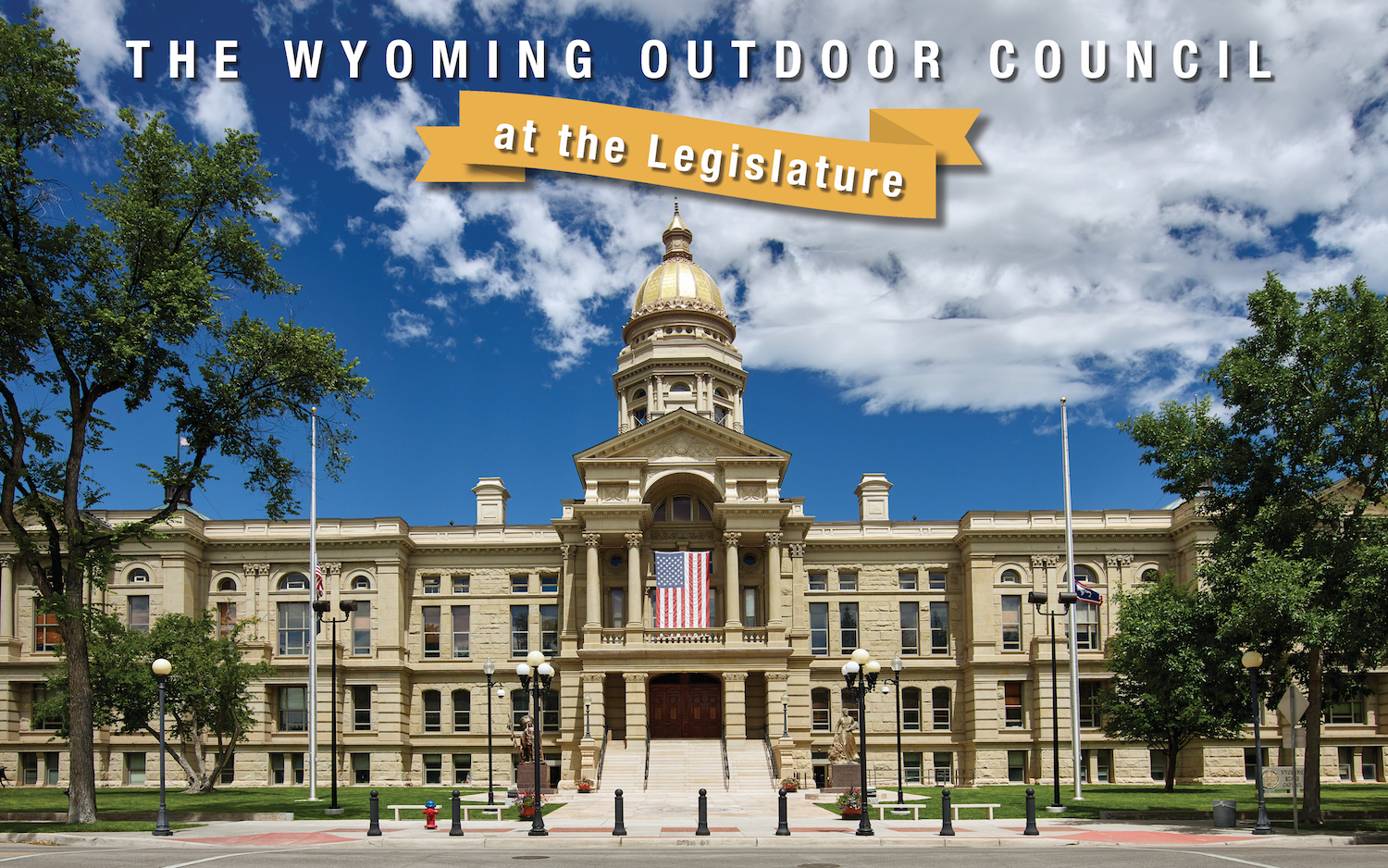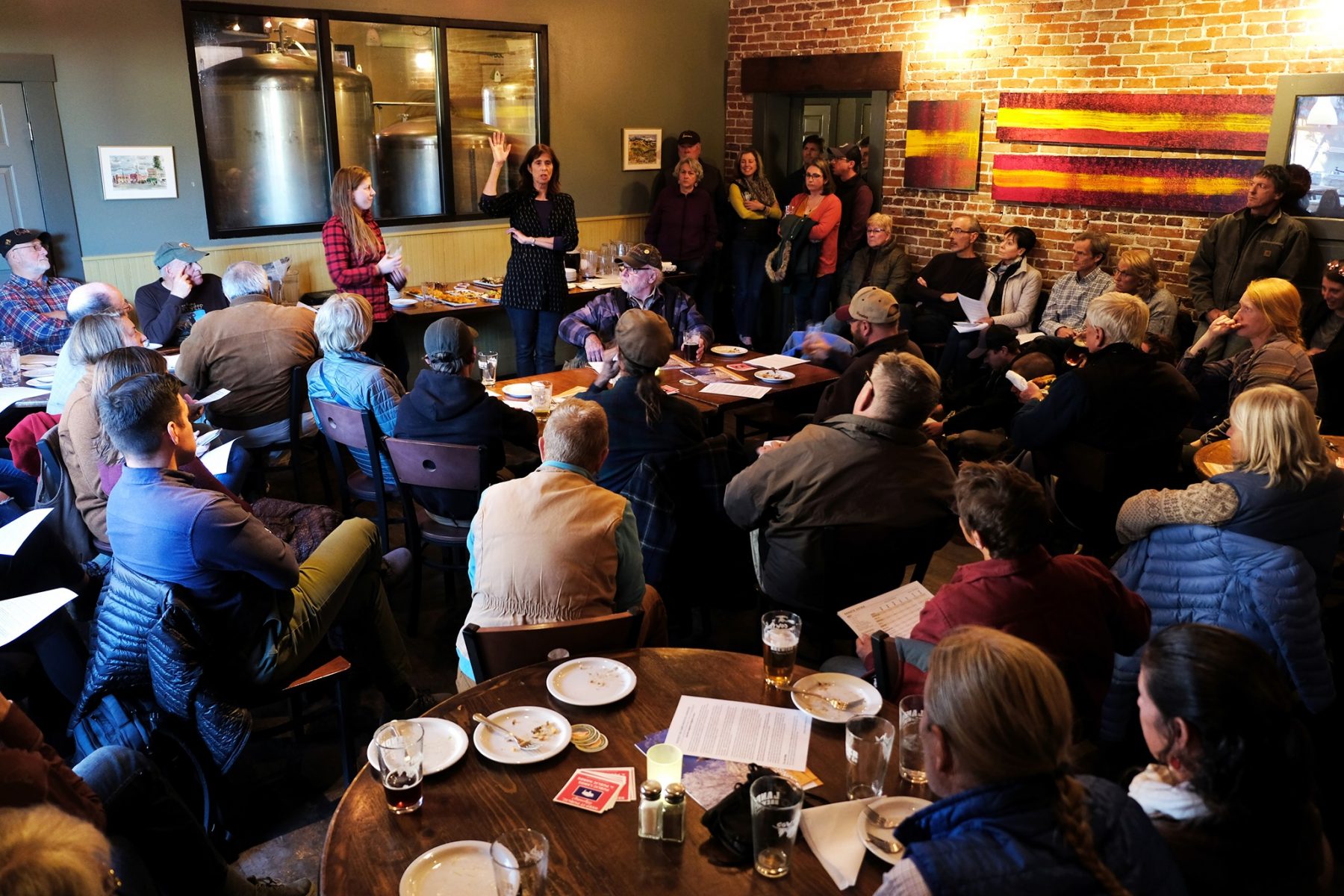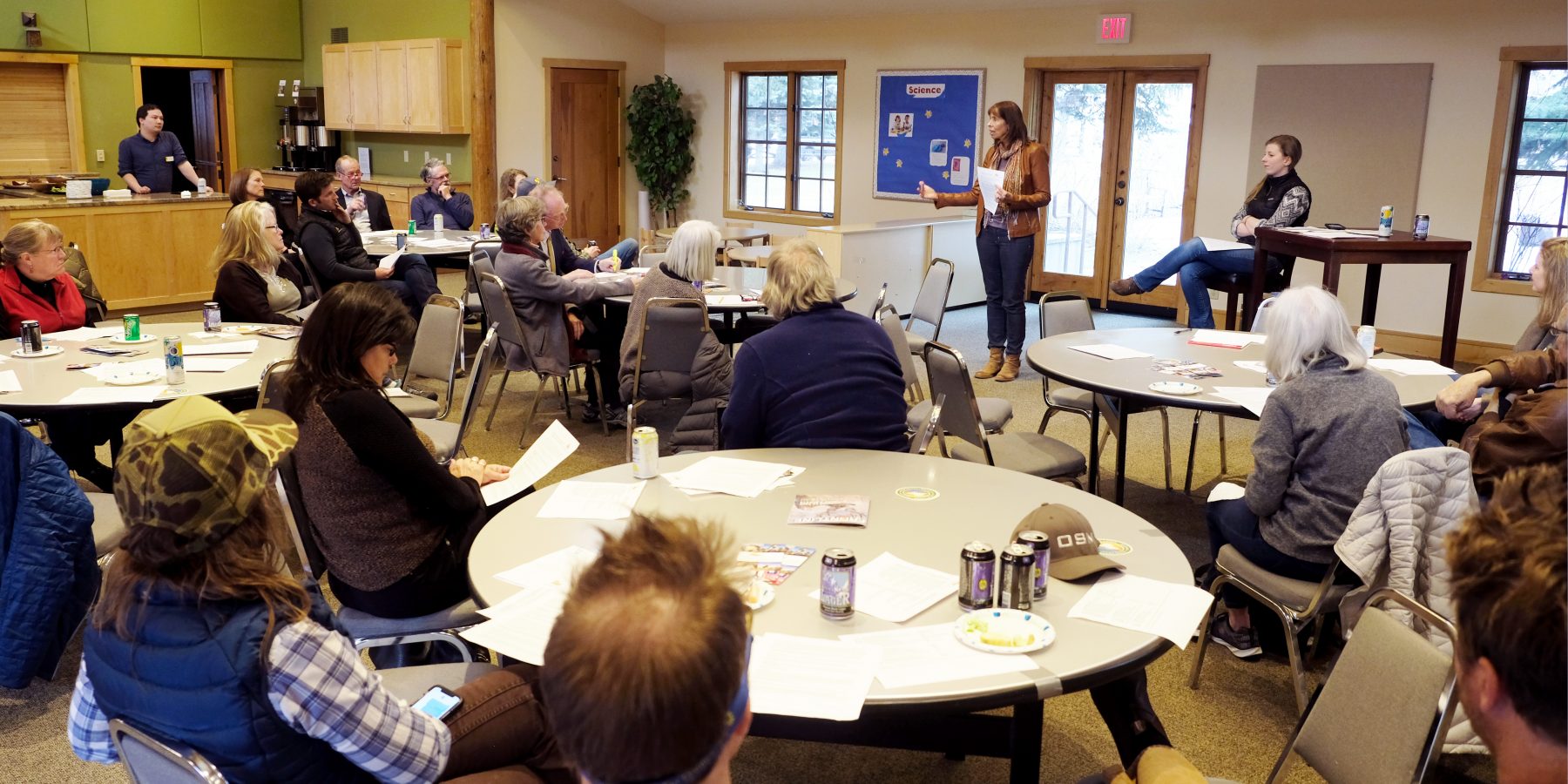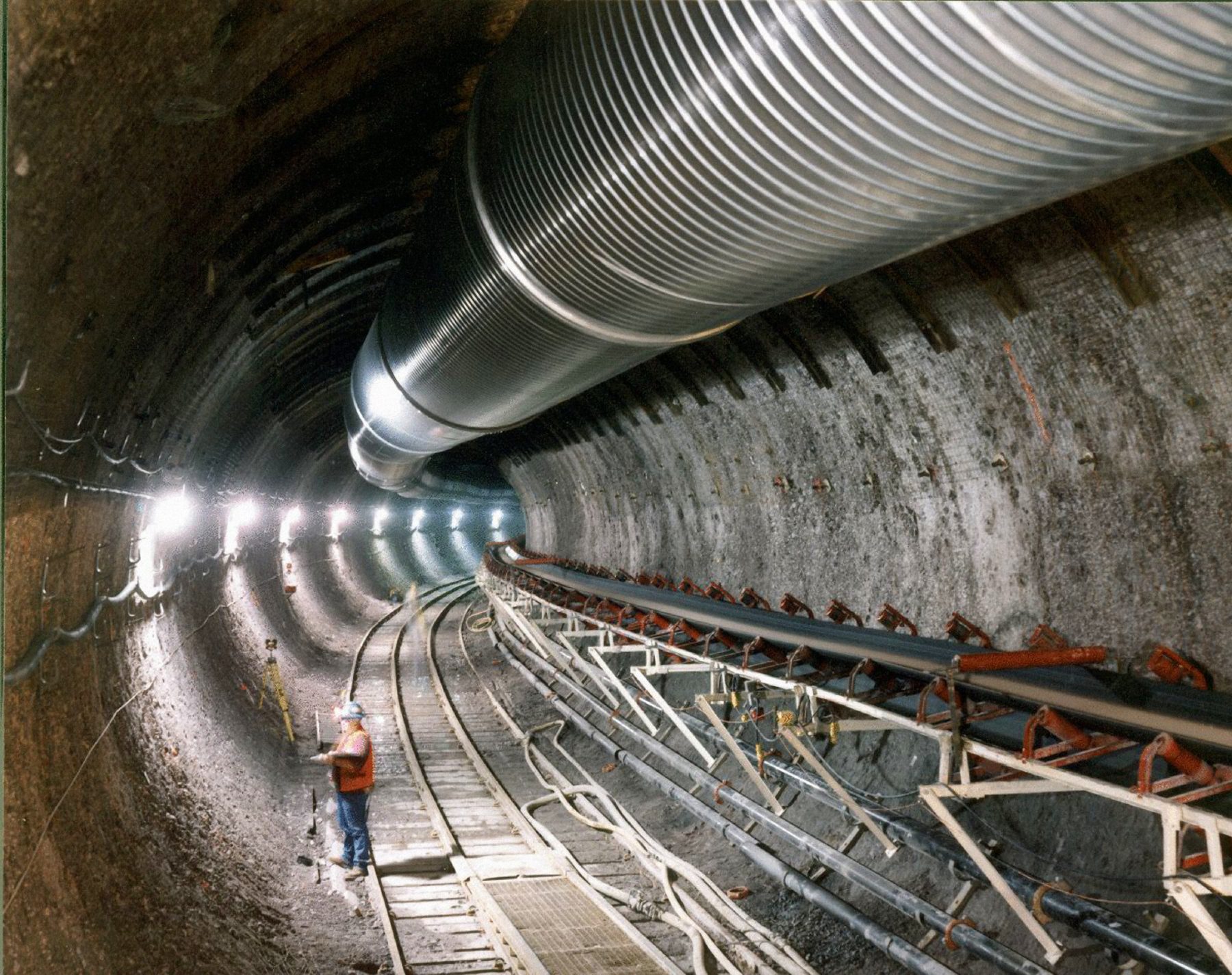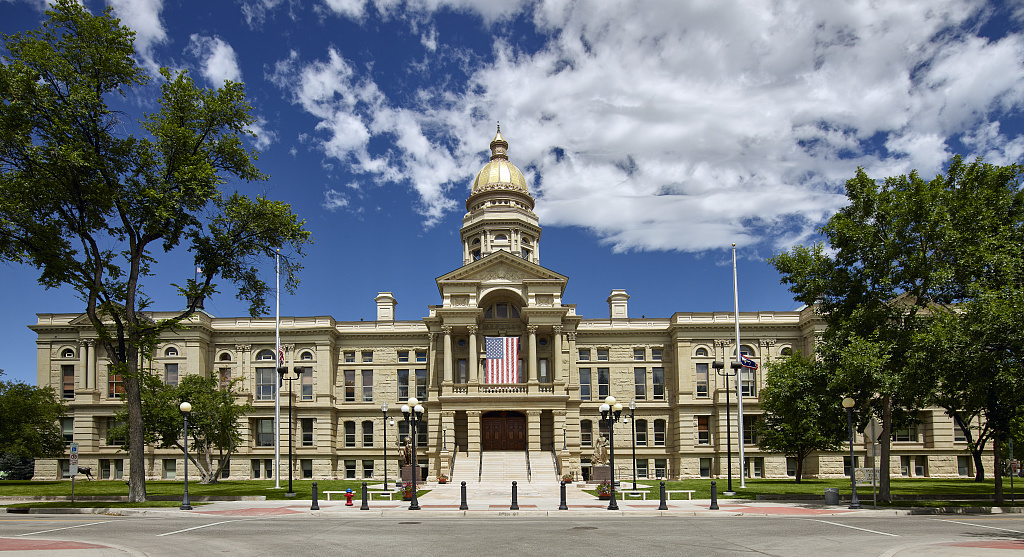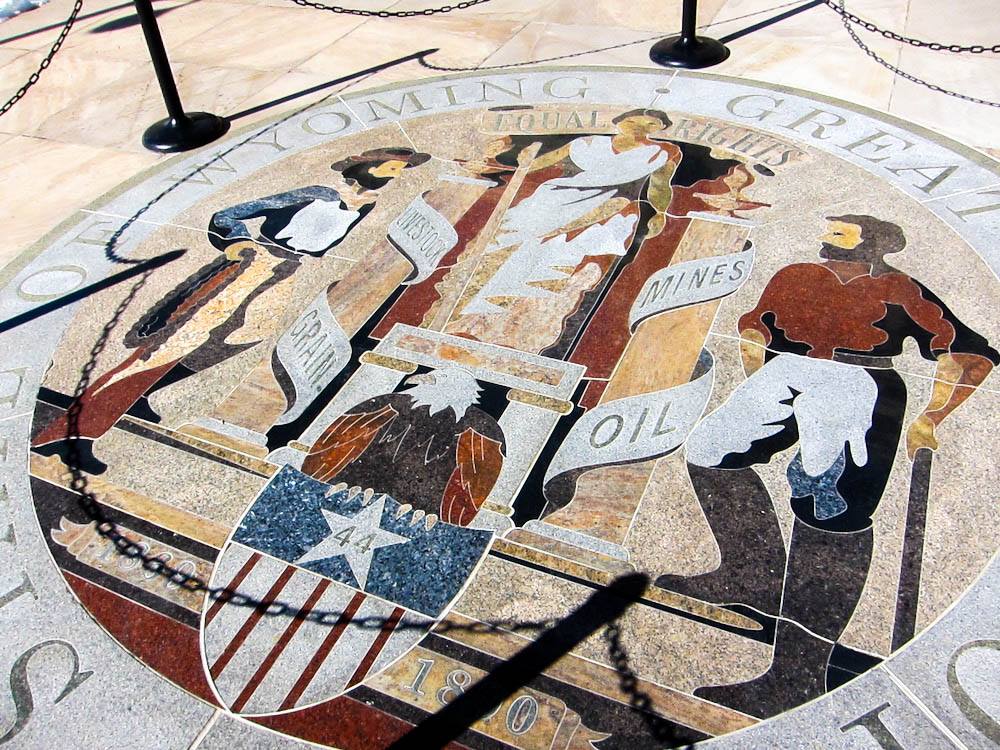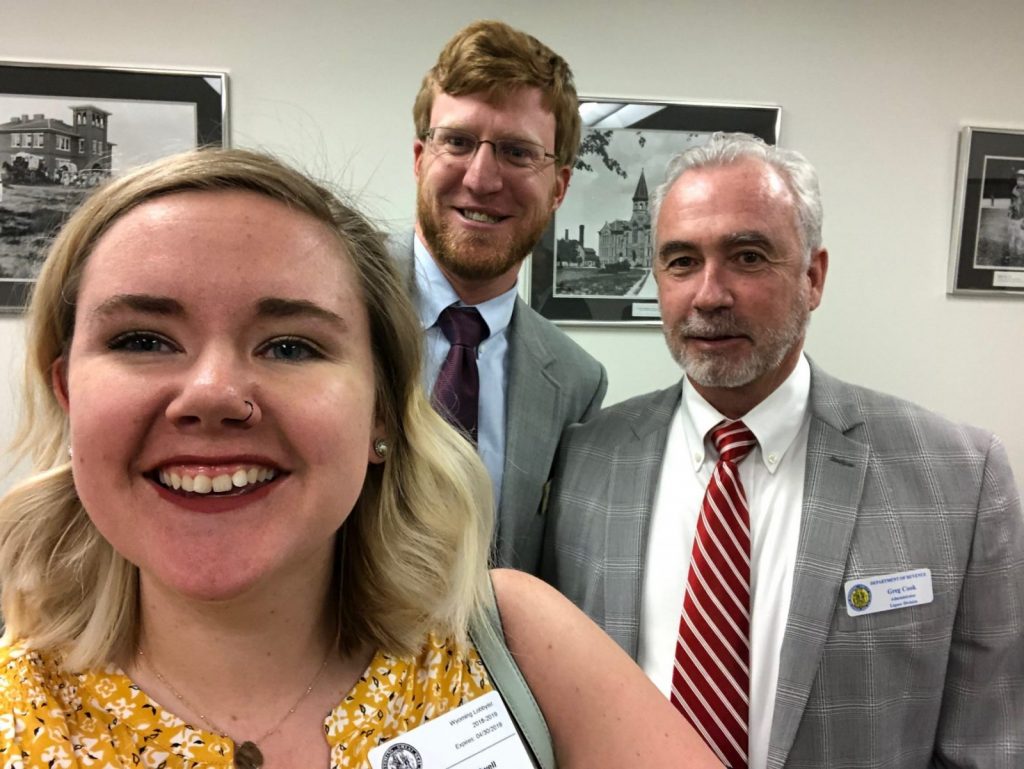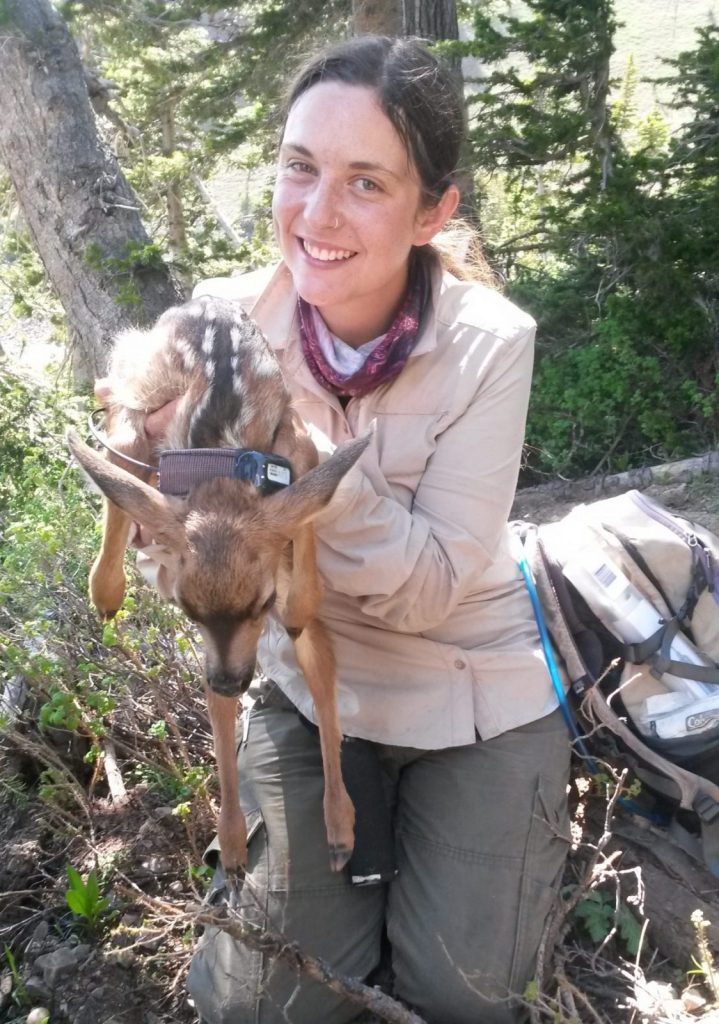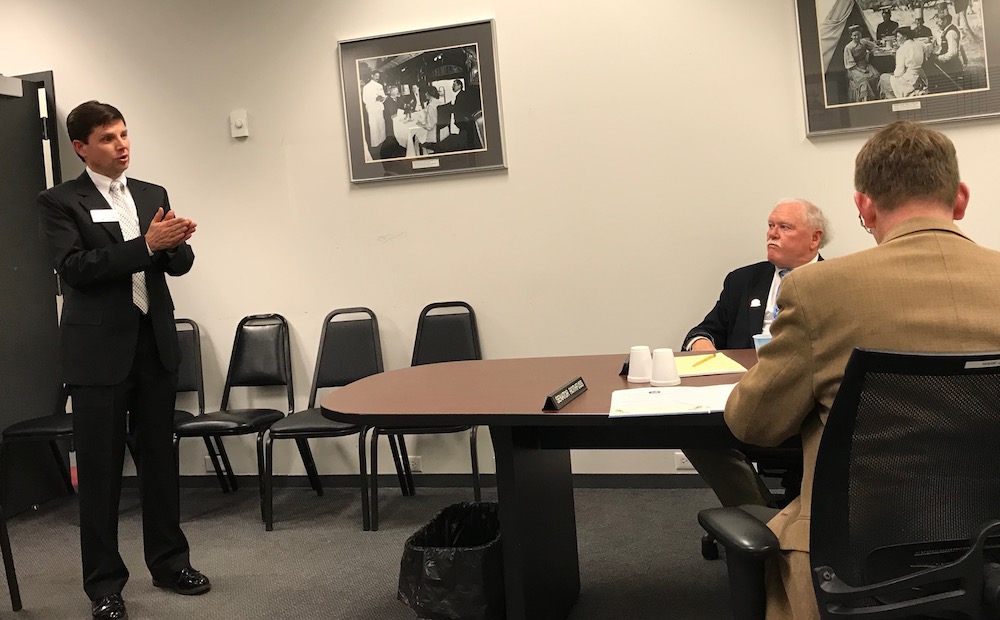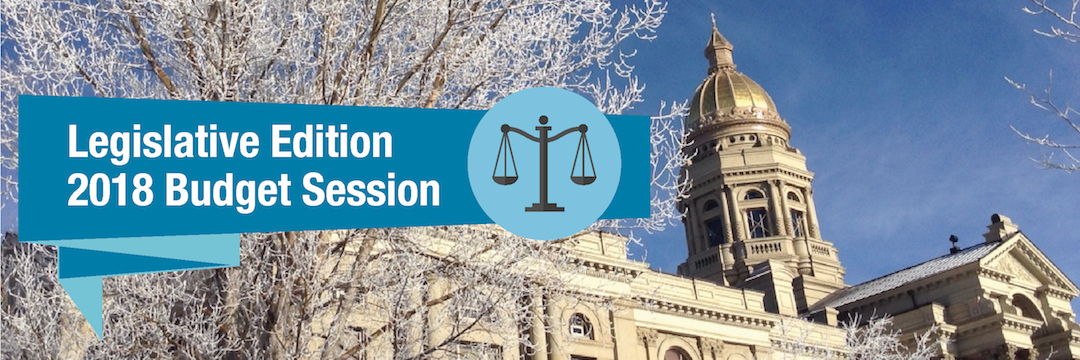In the days since the Wyoming Legislature adjourned at the close of the 2020 budget session, the political and social reality of our state has shifted drastically, as we all face the public health and economic threats posed by COVID-19.
At times like these, we remind ourselves why we do our work: because we are proud of Wyoming as a community and the values we share — and because those values include helping our neighbors and pitching in to do the hard work when it’s most critical. As the Code of the West says, we must all “live each day with courage.” We are honored to represent you, and will continue working hard to advocate for our shared convictions about what makes Wyoming special and strong.
In that spirit, this is our final legislative update of 2020, an accounting of the end of the session. Thank you again for working alongside us to protect the future of our state. We have mostly good news to share, and many legislators to thank (stay tuned for an email next week!) but there’s no doubt that the work will continue — especially the work to define the future of our state as we wrestle with challenging economic realities.
BILLS THAT LIVED AND DIED IN THE LAST WEEK
Our first good news of the week arrived March 9, as the House Minerals committee voted 5-4 against SF 110, a bill that would have evaluated the property tax equivalency of federal public lands and which was supported by many anti-public lands interests. In addition to our concerns with treating public lands as if they were private, we were not convinced spending $500,000 on such a study would provide any meaningful or economical benefits. A strong and diverse group of interests opposed this bill — and many of you voiced your concerns with your legislators. Thank you for your input, and thanks to the House Minerals committee for their thoughtful deliberation and decision not to move this bill forward.
Meanwhile, another problematic bill — SF 75, Instream flow application process — died in the House without being heard for a first reading vote. This bill would have hampered the Game and Fish Department’s authority to make decisions about fisheries habitat, and inappropriately handed important decisions based strictly on biology to the Wyoming Water Development Commission. With the death of this bill, the balance between agencies making instream flow decisions remains intact.
An important conservation bill passed muster in the Senate at the deadline: HB 13, Sage grouse mitigation credits. This bill codifies an important aspect of our state sage-grouse strategy that is not currently backed by federal policy. We were very glad to see this collaboratively built, extensively worked bill pass into law!
Unfortunately, HB 200, Reliable and dispatchable low carbon energy standards, passed its third reading vote in the Senate despite several senators voicing their unease during floor debate. The bill requires utilities to invest in expensive carbon capture technologies that have yet to be made efficient at scale — an investment the companies will be legally entitled to pay for through hiking rates on Wyoming citizens. We anticipate extensive discussion on the implementation as there will be a lengthy rulemaking period, and will keep you informed.
Some other major votes in the final week:
- After substantial floor debate and significant amendments, HB 159, Monthly payment of ad valorem tax on mineral production passed in the Senate. This bill will help ensure counties receive tax payments that fund vital services, including schools and special districts, in a timely fashion.
- The last day of the session involved extensive negotiation over mirror bills HB 249 and SF 138, which sought to authorize the purchase of one million acres from Occidental Petroleum in the checkerboard lands of southern Wyoming. SF 138 was the final version of the bill, and includes improvements to public process and transparency as well as a limit on how much money the state can take from the rainy day fund if the purchase is approved.
These bills are only a fraction of those that we tracked at the session related to Wyoming’s natural resources and communities. Thank you for staying with us and springing into action when your voice was most needed!
THE BUDGET AND VETOES
In the final week, legislators and advocates alike awaited the return of the final budget bill from the governor’s desk. When the budget was returned to legislators, it contained 19 line item vetoes, including two that were good decisions for conservation:
- Gov. Mark Gordon vetoed an amendment that was inserted in the Senate, sponsored by Sen. Cheri Steinmetz, as a backstop to SF 110. In a letter explaining his veto, Gov. Gordon noted that it was inappropriate to include an amendment that mirrored a bill that did not pass, and that he shared the concerns of many legislators that the $500k investment would not provide a return.
- Gov. Gordon also vetoed a confusing budget amendment, run by Sen. Eli Bebout, which sought to codify that any “bottlenecks” created by wildlife crossing projects cannot be managed as migration corridors. Though this amendment was unlikely to have any impact on crossings projects or migration corridor management, it represented another concerning attempt from the legislature to micromanage wildlife habitat.
We are grateful to the governor for his leadership on these two vetoes.
WHAT’S NEXT?
Revenue and budget questions still loom large in the state. The downturn in global markets in early March cast a long shadow on the final days of negotiations, and we anticipate that the questions our legislators wrestled with are not going away anytime soon.
What does this mean for the Wyoming Outdoor Council? It means that your engagement, and our shared efforts to create forward-looking opportunities for the future of this state, are more important than ever.
Increasingly, revenue is a conservation issue. Without new ideas about how to fund our government, we will continue to see bills that attempt to insulate our extractive industries from changing markets and a shrinking demand for coal. This approach not only undervalues the natural resources that power our tourism and outdoor recreation sectors and fuel the heart of our communities — it jeopardizes them. For more on how the Outdoor Council and our members are thinking about the future of our state and its economy, check out our most recent Frontline.
We’re trying to do our part by encouraging the legislature to take up several forward-looking topics in the upcoming interim. In the final committee meetings, we advocated that the legislature consider new revenue streams that can stably support wildlife, outdoor recreation, and schools; proactively work to create a statewide siting plan for renewable energy development; and consider how collaborative improvements to outdoor recreation access could enhance and strengthen communities around the state.
Most of the issues we face do not have short-term fixes, but we made some important first steps this session and look forward to continuing this work throughout 2020. Our legislators have large tasks ahead of them as they work to define our shared future, and with your support, the Outdoor Council will be there to lend a hand and continue advocating for a future that protects our state’s conservation heritage.
Stay tuned. Next week, we’ll be sending around one of our most important legislative emails: our thank you email. Conservation successes in Cheyenne are only possible because of the hard work and dedication to public service embodied by so many of our legislators. We want to be sure to express our gratitude — and hope you’ll join us.
And thank you. We know that in this time of uncertainty, it’s easy to feel disconnected and uneasy about our shared future. But we remain hopeful about the future of Wyoming thanks to you. We value your support and engagement more than we can say, and feel lucky and proud to count you as a member of our community.
As always, feel free to email me with any questions.


